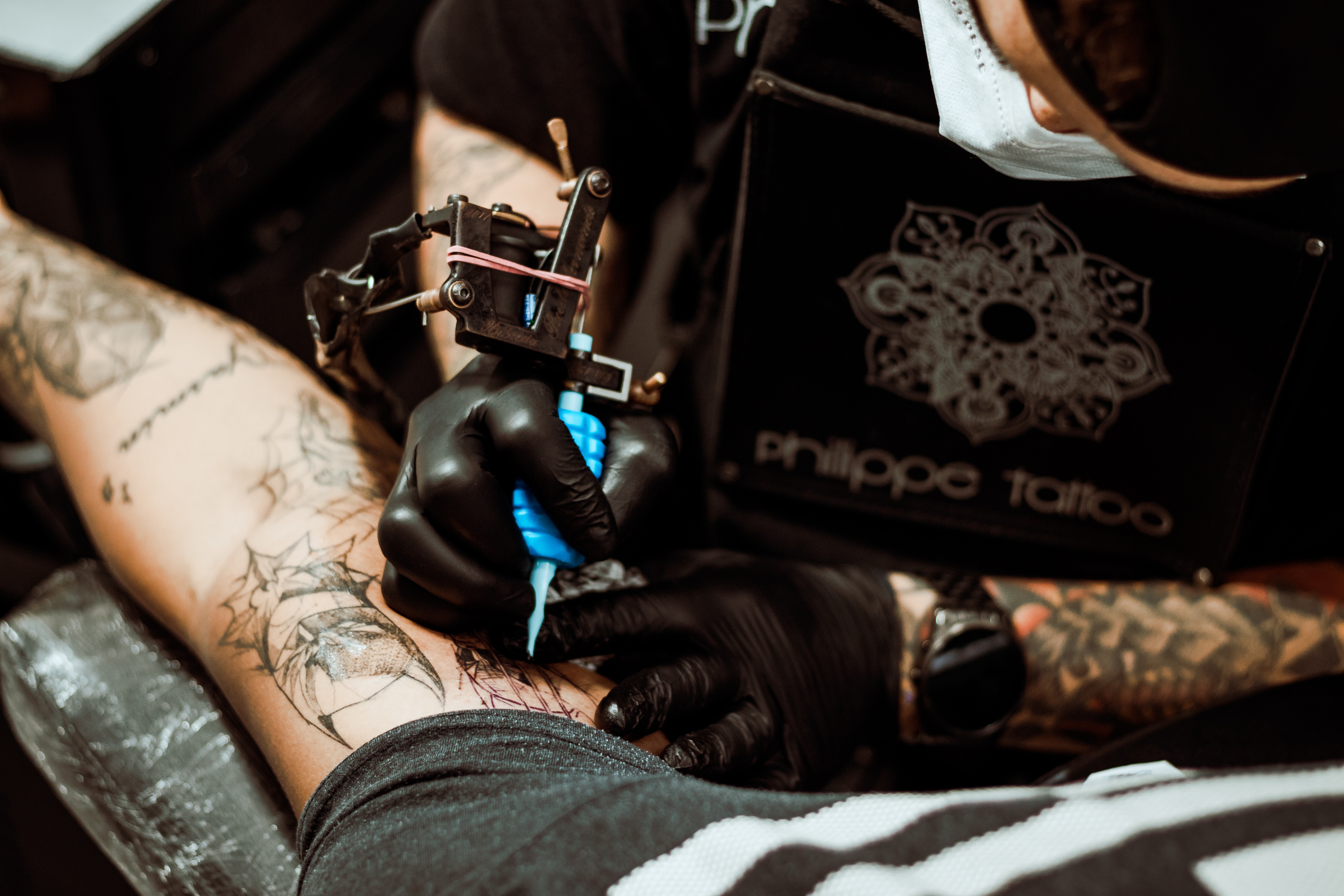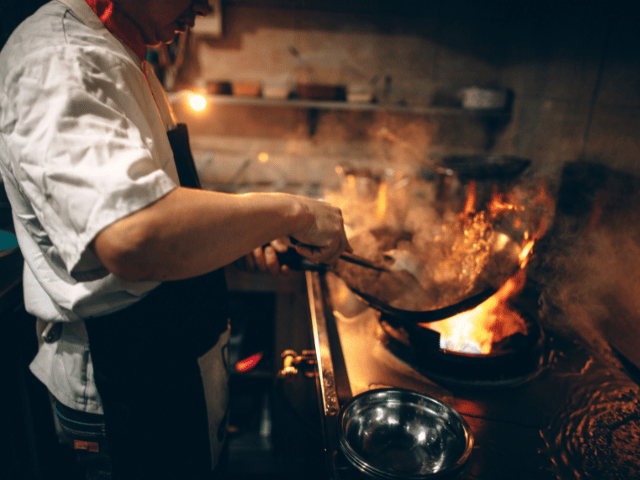Food Services
Schenectady County works hard to ensure that all food establishments in Schenectady County are clean, safe, and compliant with all food safety and sanitary requirements.
The Schenectady County Environmental Health Unit prevents and investigates foodborne illnesses, issues all permits to food service establishments, temporary food service events, and mobile food vending in Schenectady County, conducts routine food service inspections, and responds to consumer complaints.
What Does New York State Health Code Say?
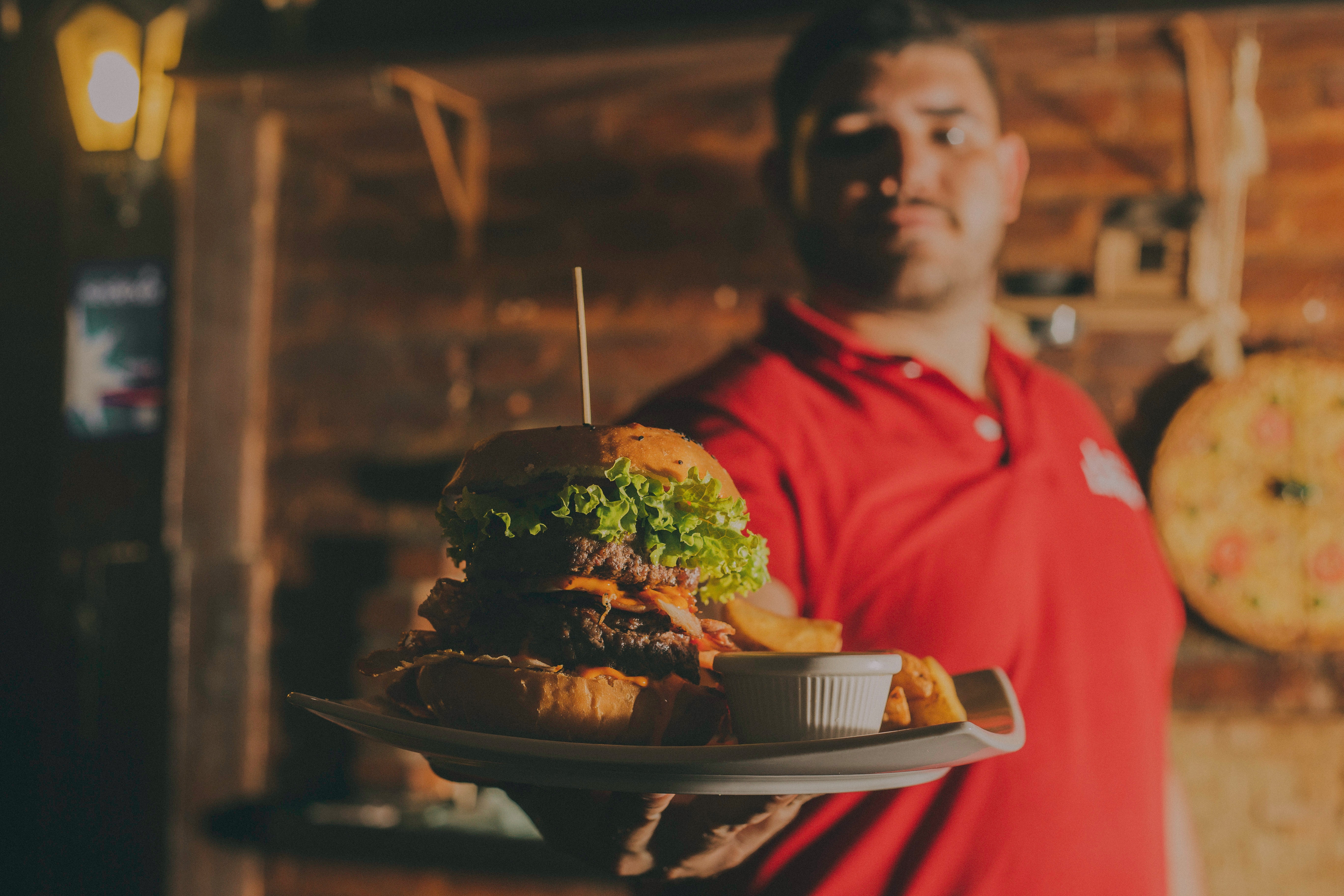
A food service establishment is a place where food is prepared and intended for individual portion service and includes the site at which the individual portions are provided, whether consumption occurs on or off the premises. This includes restaurants and take-out facilities.
Are you opening a new restaurant? Set yourself up for success and review Food Service Establishment Review Packet.
→ Food Services Establishment Code Book
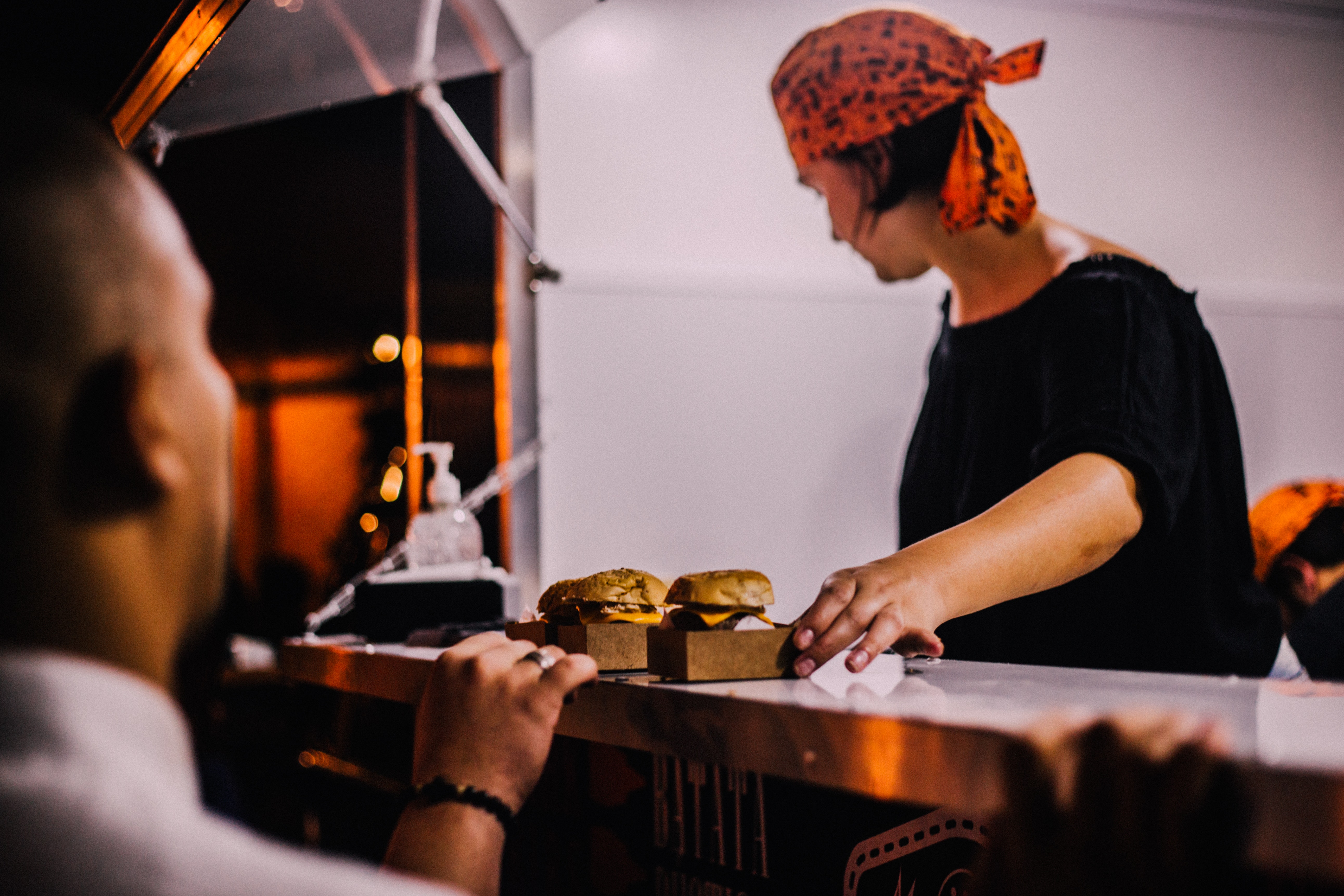
A mobile food service is a self-contained food service operation located in a vehicle, movable stand or a pushcart that is used to store, prepare, display, or serve food intended for individual portion service.
Are you opening a new food truck? Make sure that you are familiar with all the Mobile Food Plan Review Packet.
→ Mobile Food Vending Code Book
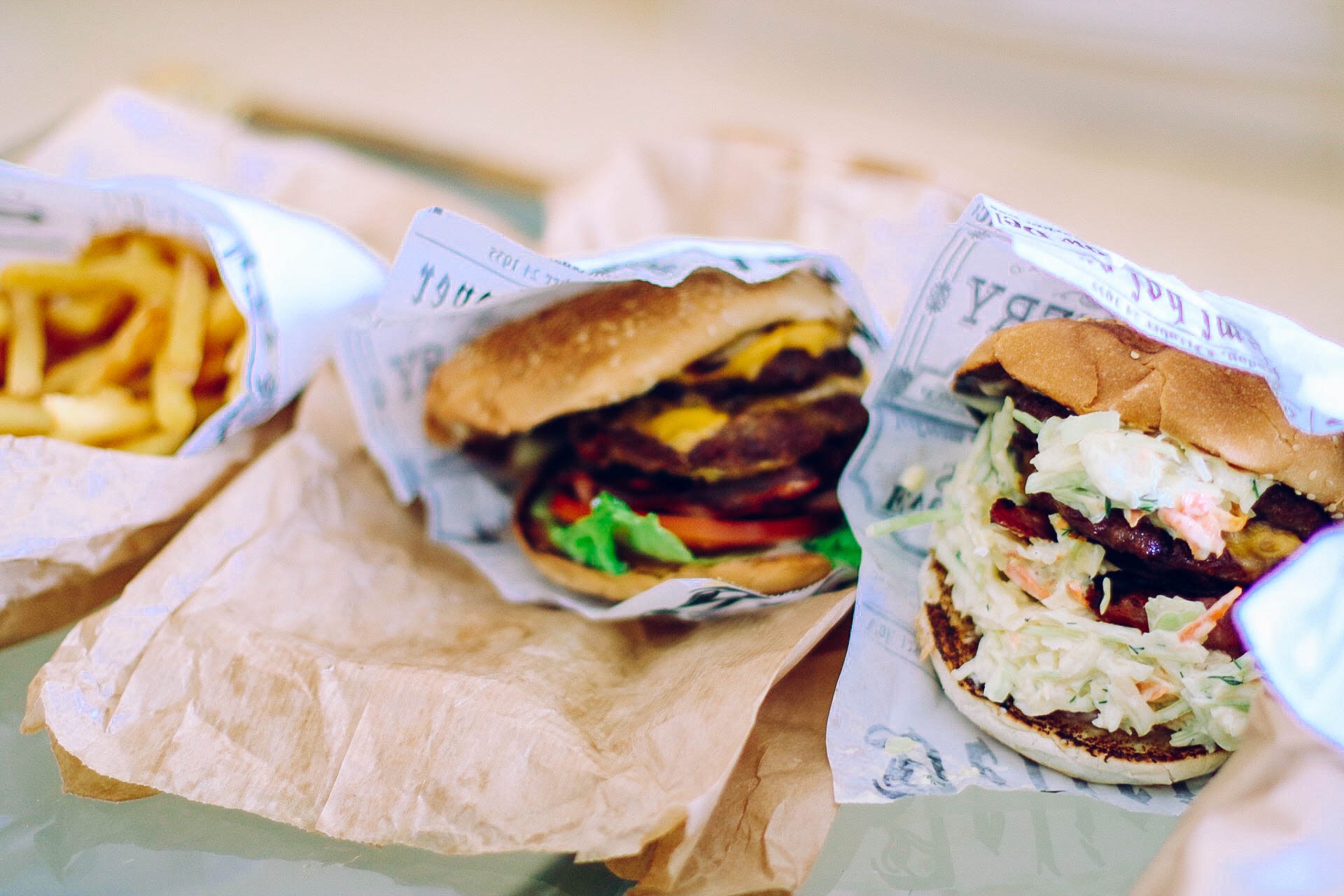
A temporary food service is an operation where food is prepared and served to the public at a fixed location in conjunction with a single event or a celebration of not more than 14 consecutive days.
A temporary food permit is meant for events with lower-risk foods that require minimal preparation or storage. Ideally, all food for temporary events is purchased, prepared, and served the day of the event, and any leftovers are discarded. Your menu will be reviewed to ensure it can be prepared safely. View Temporary Food Service Permit Packet
Are you a volunteer planning a community event or selling food at a fundraiser? Review the New York State Temporary Food Service Guidance for Food Vendors & Event Organizers. Additional information is available online from the New York State Department of Health.
→ Temporary Food Service Code Book
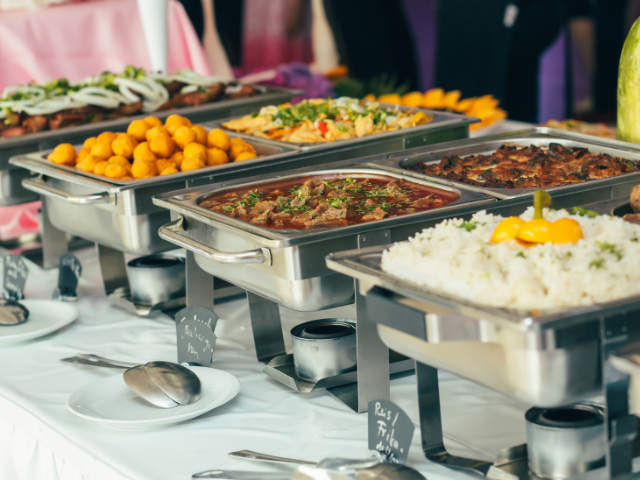
A catering operation i an operation that prepares and/or provides food for individual portion service at the location of the consumer.
Need a Permit?
Apply Now for a Food Service Permit
View Restaurant Inspections
See how Inspection Results in Schenectady County Compare
Food Safety Training is REQUIRED in order to obtain most food permits. The Environmental Health Division offers online training; a fee is required for certification exam. Learn how you could become food safety trained today.
Frequently Asked Questions
You need a permit if you are preparing, handling, or serving food or beverages for the public. Any advertisement of the food service to the public would mean a permit is required.
Examples of activities that require a food permit:
- Restaurant operations
- Community celebrations
- Sports events
- Churches holding events off of their property
- A company that prepares food and serves it at events like weddings
- Fundraisers
- Craft fairs
- Mobile food truck, trailers, or push carts serving food in Schenectady County
The following activities are exceptions and do not require a food permit:
- Food prepared and served by members of a group for members of the group.
- Examples include a private wedding that does their own food preparation, a party or potluck where partygoers make and share food, a church activity for members.
- Serving only unopened commercially packaged items.
- Examples include selling only manufacturer sealed bagged chips, candy bars in the wrapper, and bottled soda.
- Keg-only beer tents where the only activity is tapping and pouring beer. Keep in mind the use of ice to be consumed or mixing drinks will require a permit.
- Churches serving food to the public once a week or less.
- Example includes a church that has a Friday night dinner open to the public.
- Serving packaged items listed under a Home Processing License from the Department of Agriculture and Markets.
- Example includes selling wrapped, individually portioned dry baked goods such as cookies and brownies made at home.
- How do I get a Home Processing License? Visit the Department of Agriculture and Markets Webpage to see if you qualify.
- If you have a brick-and-mortar restaurant operation: the food service establishment (restaurant) may be the most appropriate permit. This is defined as a place where food is prepared and intended for individual portion service and includes the site at which the individual portions are provided, whether consumption occurs on or off the premises. This includes restaurants and take-out facilities.
- If you provide food at the premises of the consumer: the catering permit may be the most appropriate permit. This is defined as an operation that prepares and/or provides food intended for individual portion service at the premises of the consumer.
- If you have a mobile food truck, trailer, or pushcart: the mobile food service (food truck/trailer/pushcart) may be the most appropriate permit. This is defined as a self-contained food service operation located in a vehicle, movable stand or a pushcart that is used to store, prepare, display, or serve food intended for individual portion service.
- If you provide food for an event: the temporary food service permit may be the most appropriate permit. This is defined as an operation where food is served to the public at a fixed location during a single event of not more than 14 consecutive days. If you have a valid catering or mobile food service permit to operate in Schenectady County, you do not need a temporary food service permit to provide food for an event in Schenectady County.
Food service establishment, catering, and mobile permits are year-round permits that must be renewed annually. Temporary food service permits are only valid for a fixed location for a single event of not more than 14 consecutive days.
Most food service establishment permits are $215/year but increase with seating capacity over 100 or if the operation has a frozen dessert machine. Catering permits are $365/year. Mobile permits are $190/year. Temporary food permits are $90/event.
A permit is still required if you are preparing, handling, or serving food for the public. Your permit fees may be waived if documentation can be submitted.
No. Food must be prepared and stored in an approved or permitted kitchen or mobile unit with a commissary. This ensures the kitchen meets standards of the New York State Sanitary Code, Part 14. The only exception is if you have a Home Processing License from the Department of Agriculture and Markets, which essentially only covers dried baked goods.
A plan review needs to be conducted for any new kitchen in which an operator would like to prepare and store food for the public in addition to the permit application process. View Plan Review Packet
Food permits are required by the New York State Sanitary Code, Part 14. When you apply for a permit to serve food, education is provided on safe food preparation and handling to prevent illness.
You can apply for your permit online using Schenectady County's Citizen Portal
- Create a secure online account for Schenectady County or login into an existing account.
- Click Requests at the top of the page.
- Select the applicable food permit application form under the Health Department heading.
- Complete the form and pay any applicable fee.
Find more information on how to apply for a permit
As soon as you know about your foodservice or an event, you should apply. Our office needs at least 2 weeks to process permits for an event and will need longer if a plan review is involved for a new facility or mobile unit.
It depends. If you have a food service establishment permit and you are setting up for an event on your property that is currently permitted/licensed, you do not need another permit. If you are setting up off premises, you will need to have another permit, which could be catering, mobile, or temporary food permits, depending on the equipment you have.
Yes. A valid permit with Schenectady County is required to be able to operate within Schenectady County.
Educate yourself! Take the Schenectady County Online Food Safety Training.
→ Take the Online Training
Here are the Basics of Food Safety from the New York State Department of Health:
- Choose a food-safe menu.
- Keep it simple and bear in mind that some foods need special handling to avoid bacterial growth (such as meats, eggs, dairy products, cut fruits, and vegetables).
- Use foods only from approved sources (for example, commercial foods or those cooked in permitted kitchens). Foods prepared or cooked at home would not be considered an approved source.
- Practice good health and hygiene.
- Don't prepare or serve food if you are ill or have open sores or infected cuts.
- Wear clean clothing or aprons.
- Restrain hair in a hat or net.
- Wash your hands before preparing and serving food.
- Wear gloves when working with ready-to-eat foods, such as sandwiches and salads.
- Maintain good practices in the food area.
- Keep food at the proper temperature. To control the growth of bacteria, you need to cook foods to the right temperature. If you are transporting food, reheating food, storing food, or serving food hot or cold, you will need to make sure it stays at the right temperature. Your health department can provide advice based on your menu.
- Keep raw food preparation areas separate from areas with cooked or ready-to-eat foods.
- Wash pans, knives, spoons, cutting boards, and other equipment in hot soapy water and rinse in hot clean water.
- Sanitize food contact surfaces with a solution of bleach and water (one tablespoon of unscented household bleach into one gallon of water).
- Empty and remove trash frequently.
Schenectady County code requires at least one person from each food service establishment possess an approved, valid food safety training certificate. A copy of the certificate must be submitted with an initial food service permit application and yearly with a renewal.



